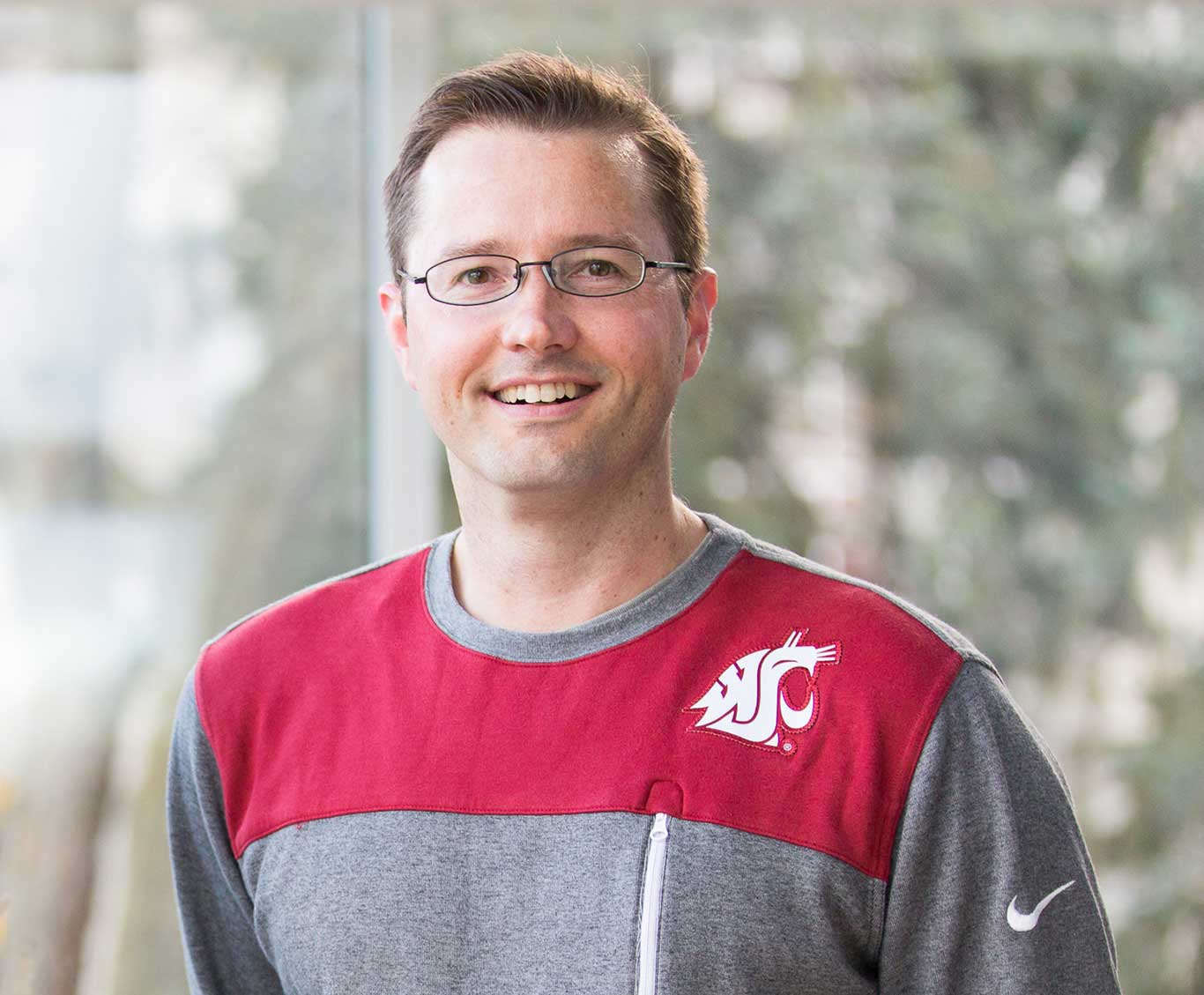On the comprehensibility of functional decomposition: An empirical study
Abstract
References
Index Terms
- On the comprehensibility of functional decomposition: An empirical study
Recommendations
Event-based functional decomposition
AbstractFunctional decomposition is the process of resolving a functional relationship into its constituent parts in such a way that the original function can be recomposed from those parts by functional composition. Perfect decomposition requires the ...
On the impact of UML analysis models on source-code comprehensibility and modifiability
We carried out a family of experiments to investigate whether the use of UML models produced in the requirements analysis process helps in the comprehensibility and modifiability of source code. The family consists of a controlled experiment and 3 ...
Do extracted state machine models help to understand embedded software?
ICPC '19: Proceedings of the 27th International Conference on Program ComprehensionProgram understanding is a prerequisite for several software activities, such as maintenance, evolution, and reengineering. Code in itself is so detailed that it is often hard to understand. More abstract models describing its behaviour may ease program ...
Comments
Information & Contributors
Information
Published In

- Chair:
- Igor Steinmacher,
- Co-chair:
- Mario Linares-Vasquez,
- Program Chair:
- Kevin Patrick Moran,
- Program Co-chair:
- Olga Baysal
Sponsors
Publisher
Association for Computing Machinery
New York, NY, United States
Publication History
Check for updates
Author Tags
Qualifiers
- Research-article
Conference
Upcoming Conference
Contributors
Other Metrics
Bibliometrics & Citations
Bibliometrics
Article Metrics
- 0Total Citations
- 82Total Downloads
- Downloads (Last 12 months)82
- Downloads (Last 6 weeks)7
Other Metrics
Citations
View Options
Login options
Check if you have access through your login credentials or your institution to get full access on this article.
Sign in



